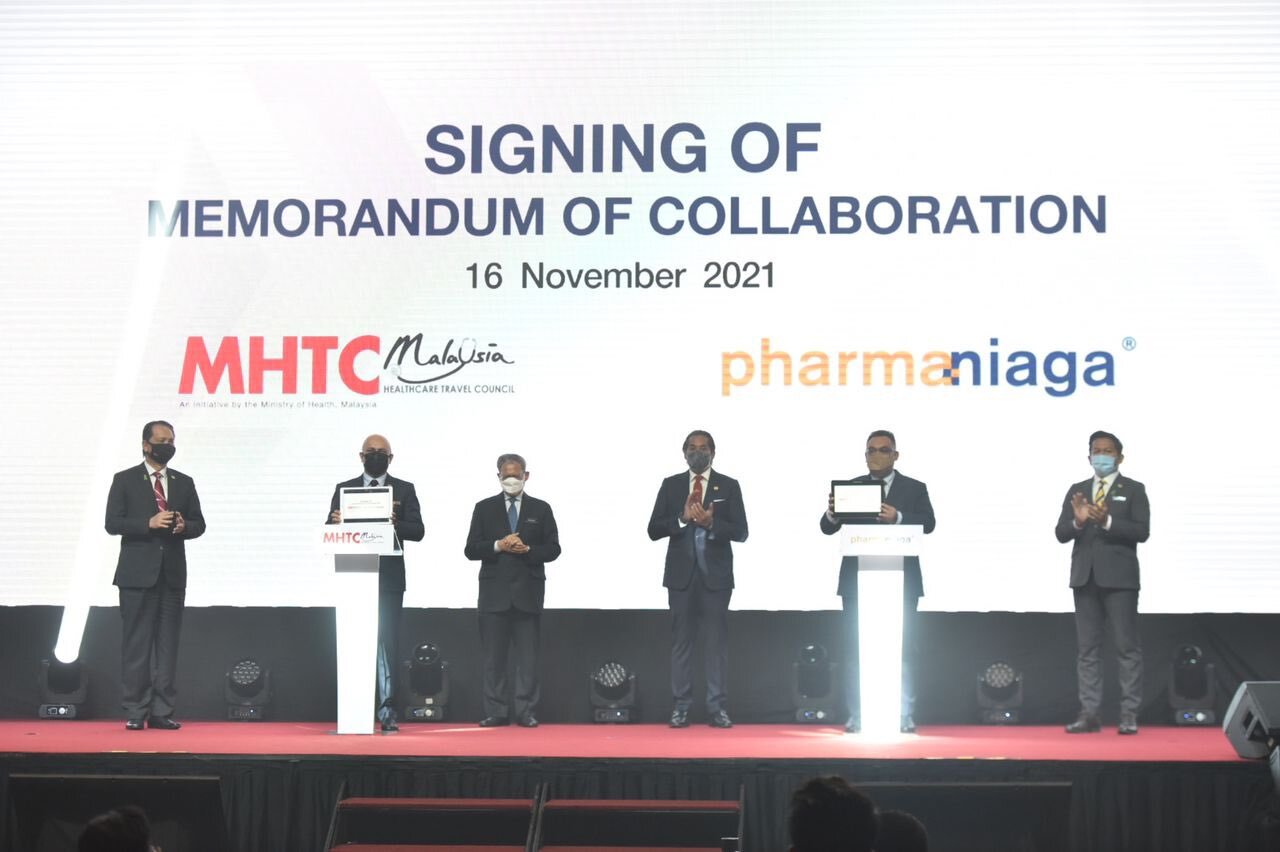KUALA LUMPUR, Nov 16 — Four years ago, Malaysia obtained cheap generic versions of Sovaldi (sofosbuvir), a cure for Hepatitis C, without the consent of pharmaceutical company and patent holder Gilead Sciences.
Compulsory licencing and government use of a patent without authorisation of its owner are permitted under the World Trade Organization’s (WTO) TRIPS Agreement — a multilateral deal on intellectual property — but only on grounds of a “national emergency”, other circumstances of “extreme urgency”, or for “public non-commercial use”.
Yet, the Malaysian government today announced that it would offer a combination therapy of sofosbuvir and ravidasvir to medical tourists with Hepatitis C beginning in the first or second quarter next year.
The key issue is whether generics of the blockbuster Hepatitis C drug Sovaldi would be sold commercially to foreign tourists from Malaysia’s existing stock that was procured under the government-use licence — which would be a breach of the TRIPS Agreement that prohibits commercial use for breaking patents.
Malaysia had to extend its government-use licence for sofosbuvir after it expired in October 2020 to clear out stocks of the drug. In June this year, the Ministry of Health (MOH) revealed that only more than 10,000 Hepatitis C patients in Malaysia had been cured with sofosbuvir, a fraction of the purported half a million Malaysians living with the liver infection.
Health Minister Khairy Jamaluddin, at a press conference today held after the Malaysia Healthcare Travel Council’s (MHTC) launch of Malaysia as a Hepatitis C treatment hub of Asia, said the government still has about 3,700 boxes left of sofosbuvir procured by the government-use licence.
“We have invoked the compulsory licence and the government has extended that compulsory licence usage to clear our existing stock that we had purchased previously.
“So, we have about 3,700 boxes left of sofosbuvir that we will use under the compulsory licence and subsequently, we will procure it under the voluntary licence. The price difference is not that much between compulsory licence and voluntary licence. I think the difference is about RM100 or so,” Khairy said.
Health director-general Dr Noor Hisham Abdullah, at the same press conference, said the government has accepted a voluntary licensing offer from Gilead, which he claimed “allows the use” of sofosbuvir in private hospitals and for international patients.
“Initially, the cost for sofosbuvir was US$80,000, but we’ve managed to reduce the price with compulsory licensing. However, compulsory licensing means that we can only use the drug at government hospitals.
“The company (Gilead) has offered a voluntary licence [to Malaysia]. We accept both licences (compulsory and voluntary licences) and the voluntary licence can be used for private hospitals,” Dr Noor Hisham said.
In 2017, Malaysia rejected Gilead’s voluntary licence offer for sofosbuvir — which is an agreement between originator and generic manufacturers that allows the production and sale of patented drugs in certain countries, subject to licensing terms — in favour of a government-use licence that not only angered the American pharmaceutical industry, but caused ripples of anxiety among Malaysian pharmaceutical companies.
In February 2020, the Pharmaceutical Research and Manufacturers of America (PhRMA), a trade group representing companies in the American pharmaceutical industry, urged the United States Trade Representative (USTR) to designate Malaysia as a “priority foreign country”, the worst classification in the USTR’s Special 301 Report, for not sufficiently protecting US intellectual property rights. PhRMA had highlighted Malaysia’s government-use licence for sofosbuvir.
Given Malaysia’s stance in 2017, it is unclear when the country opted to accept Gilead’s voluntary licensing offer and under what terms. The sofosbuvir stock procured by Malaysia under the government-use licence was imported from Egypt’s Pharco Pharmaceuticals that developed generics of the breakthrough innovation drug.
CodeBlue is awaiting further clarification from MOH on the deal.
The development of ravidasvir — which is used in combination with sofosbuvir to treat Hepatitis C — was initiated by Malaysia’s MOH and Geneva-based Drugs for Neglected Diseases initiative (DNDi). Dr Noor Hisham is on the board of DNDi.
Clinical trials were later funded by Malaysian and Thailand health authorities, and co-financed by the Médecins Sans Frontières (MSF) Transformational Investment Capacity initiative. DNDi was able to have access to sofosbuvir and run their clinical trials through Malaysia’s government-use licence for the medicine.
Results of the first stage of the study published in The Lancet Gastroenterology & Hepatology in April 2021 showed that 12 weeks after the end of treatment, 97 per cent of participants were cured.
In June 2021, Malaysia’s National Pharmaceutical Regulatory Agency (NPRA) granted conditional registration for ravidasvir.
Pharmaniaga Berhad is the product registration holder for the ravidasvir drug produced by Egypt’s Pharco. Pharmaniaga managing director Zulkarnain Md Eusope said the company is expected to produce the treatment in two years’ time.
Pharmaniaga told CodeBlue that it would source a generic version of sofosbuvir, which is readily available in the market, supplied by the manufacturer via voluntary licensing.
“So to treat Hepatitis C, we shall combine this drug with currently daclatasvir from Pharco or ravidasvir (a new NCE [new chemical entity] combined effort by Pharco, DNDi and Pharmaniaga) which will be available very soon.”








